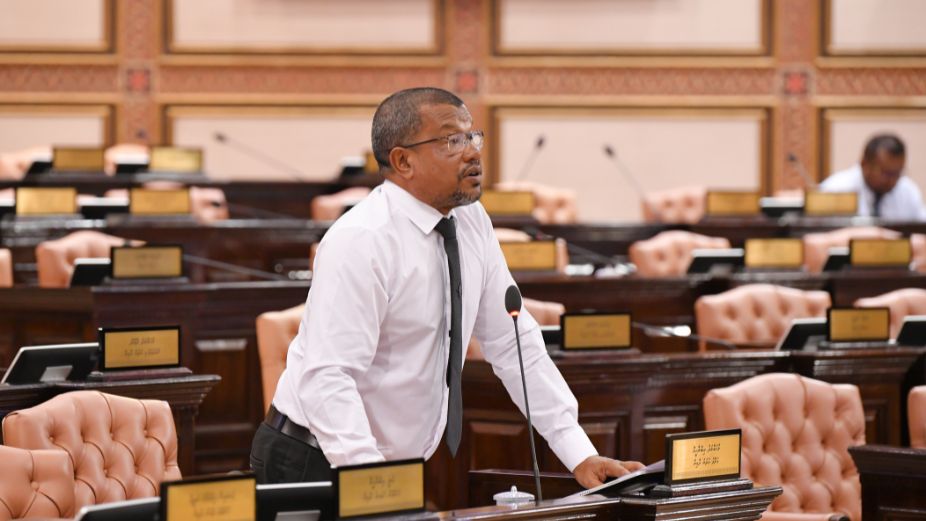
The opposition Maldivian Democratic Party (MDP) has submitted a proposed amendment to the Consumer Protection of Goods and Services Act aimed at preventing telecommunications companies and utility providers from charging additional fees for extending services to all parts of a household. The amendment, introduced by Galolhu North MP Mohamed Ibrahim, seeks to address longstanding consumer grievances and ensure equitable service delivery.
Addressing Service Inequities
The amendment targets utilities such as water, electricity, and sewerage services alongside internet service providers. MP Mohamed Ibrahim highlighted the monopolistic nature of water, electricity, and sewerage services, as well as the limited competition between the two main internet service providers in the Maldives.
He noted that service providers often charge additional fees to extend services to different areas within a household, posing challenges for consumers. The proposed legislation seeks to rectify this by mandating that service providers deliver services at the same rate, intensity, and speed throughout a household.
Key Provisions of the Amendment
If passed, the amendment would introduce a new article to the Act that:
- Mandates uniform service delivery: Providers of internet, water, electricity, and sewerage services must ensure the same quality of service across all parts of a household.
- Prohibits additional fees: Service providers would be barred from imposing extra charges for extending services within a household.
- Establishes enforcement mechanisms: Recipients of services may:
- Appeal to the Consumer Ombudsperson if provisions are violated.
- Seek court orders to ensure compliance.
- Sue for damages caused by non-compliance.
Potential Implications
This amendment has significant implications for both consumers and service providers. For consumers, it promises more equitable access to essential services without the financial burden of additional fees. It could particularly benefit larger households and properties with complex layouts, which often incur higher extension charges.
For service providers, the amendment may increase operational costs as they would bear the responsibility for seamless service delivery across entire households. Internet service providers, for instance, may need to invest in better infrastructure to meet the requirements of uniform speed and coverage. Utility providers could also face logistical challenges in adapting their operations to comply with the proposed regulations.
Broader Impact
The amendment also touches on broader issues of consumer rights and market competition. By targeting monopolistic practices and limited competition, the proposal could encourage greater scrutiny of service providers and their pricing models. It may also lead to heightened accountability, potentially driving improvements in service quality.
However, some industry stakeholders may argue that such regulations could increase costs for service providers, which might ultimately be passed on to consumers in other forms. Balancing consumer protection with industry sustainability is likely to be a focal point of debates surrounding the amendment.
As discussions on the proposal progress in Parliament, it remains to be seen how the amendment will shape the landscape of utility and telecommunications services in the Maldives.












